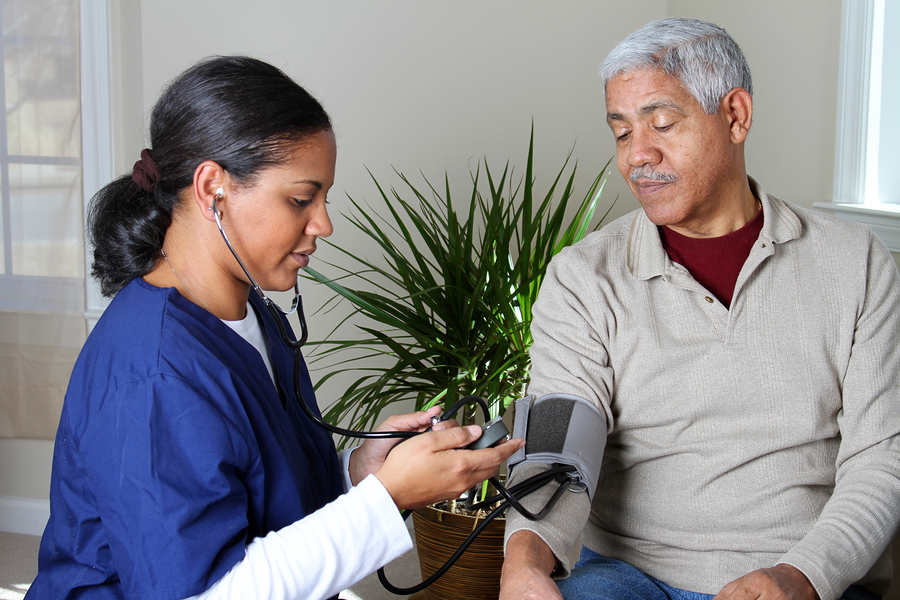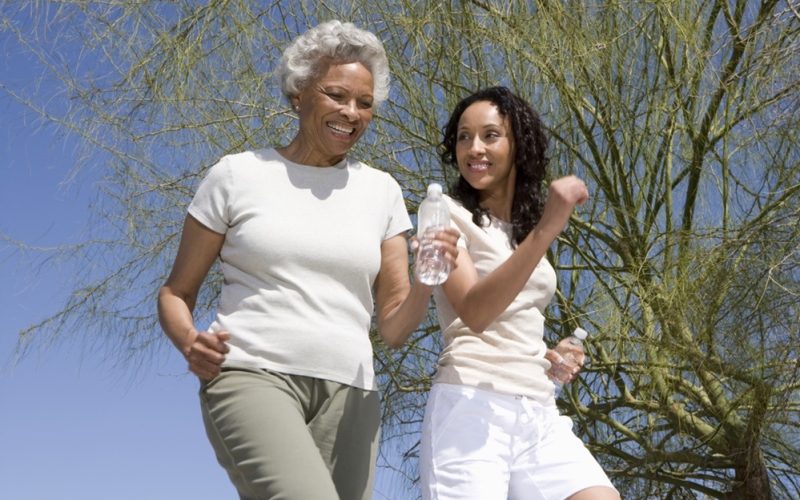As the weather warms up and the days grow longer, the spring and summer months offer the perfect opportunity for seniors to boost their physical health and overall well-being through regular outdoor activities like walking. Engaging in such physical activities is not just a leisurely pastime; it’s a crucial component of healthy aging.
Health Benefits of Walking for Seniors
Improved Physical Health: Regular walking helps maintain cardiovascular fitness, aids in weight management, and reduces the risk of chronic diseases such as hypertension, heart disease, and type 2 diabetes. It also strengthens muscles and bones, which can help prevent falls and related injuries, a common concern among the elderly.
Enhanced Mental Health: Walking isn’t just good for the body; it’s also beneficial for the mind. Regular exercise like walking increases blood flow to the brain and supports neuroplasticity, which is the brain’s ability to form new neural connections. This can improve cognitive function and has been shown to reduce the risk of dementia and mental decline.
Boosted Mood and Emotional Well-being: Walking outdoors exposes individuals to natural sunlight, which can help fend off seasonal affective disorder (SAD) and boost mood through the natural production of vitamin D and endorphins. The calming nature of natural settings also contributes to stress reduction and a greater sense of well-being.
Social Benefits of Walking
Community and Connection: Group walks or walking with a friend not only make the activity more enjoyable but also provide valuable social interaction that can combat feelings of loneliness and isolation. Many communities offer walking groups specifically for seniors, which can be a great way to meet new people while also staying fit.
Access to Community Events: Spring and summer are bustling with community activities that can be accessed through short walks, be it local farmers’ markets, outdoor concerts, or art fairs. Participating in these events can keep seniors engaged with their community and culture.
Making Walking a Safe and Enjoyable Part of Everyday Life
Start Slow: For seniors who are new to regular physical activity, it’s important to start slow. A short walk around the block is a good beginning, gradually increasing the distance and frequency as comfort and stamina improve.
Stay Hydrated: Always carry water, especially in the warmer months, to avoid dehydration.
Wear Appropriate Gear: Comfortable, sturdy footwear and loose-fitting, breathable clothing can make a significant difference in comfort and safety while walking.
Safety First: Walking in well-lit, populated areas, using walking aids if needed, and avoiding uneven surfaces can help prevent falls and injuries.
Check Weather Conditions: Especially during extreme heat, it’s important to walk during cooler parts of the day, such as early morning or late evening, to avoid heat exhaustion.
Incorporating walks into a daily routine is one of the most beneficial habits seniors can adopt for their health. Not only does it enhance physical and mental health, but it also offers great opportunities for socialization and engagement with the community. This spring and summer, take advantage of the pleasant weather to maintain mobility and enjoy the outdoors.

















